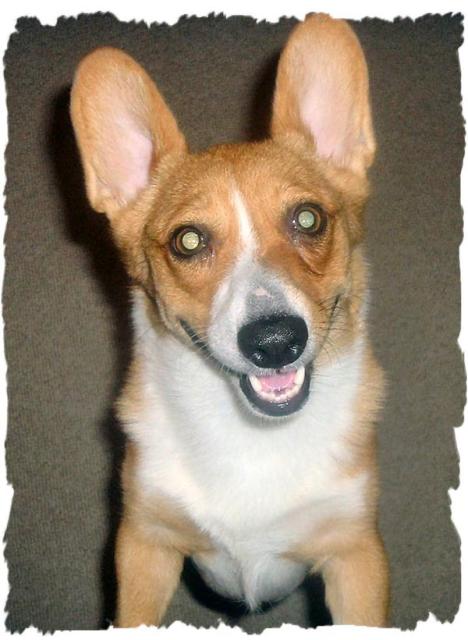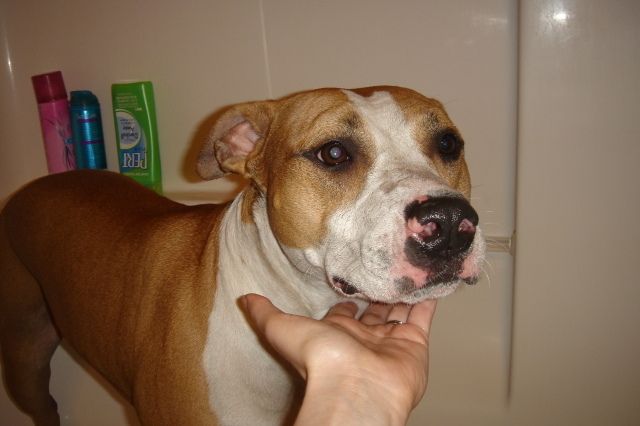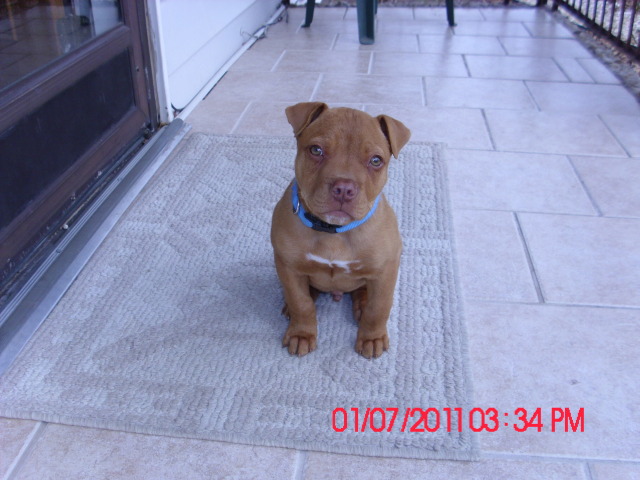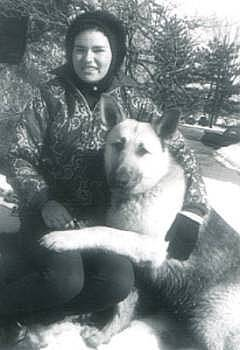QuestionQUESTION: Hi, I have a 6 year old Cocker Spaniel.
Her stomach is bloated with fluid. The vet told me that she have kidney and liver disease. She also have irritable Bowel diseases. She lost alot of weight. Currently, she is not eating. Vet says that she needs to be on a low-protein diet, so as not to over-worked the kidneys. And he told me to be "PREPARED FOR THE WORST".
Please help me. What should I do about her diet? How do I force her to eat?
Thank you in advance for your help
ANSWER: Have you asked your vet about a suggested dog chow? Even a prescription diet might be a good choice. There is a thicket of bewildering marketing claims about dog chow. Much of it is emotional appeals designed to convince you to buy higher mark up, expensive chows. If you have a large pet store, go to their dog chow aisle and start reading labels. count on the help there to steer you to a high mark up product. Somewhere the label should list the percent crude protein. Look through different brands of adult chow and pick one of the lower ones. There are two ways of giving dogs the proper ratios of amino acids dogs need. You can select better proteins that are rich in the ones dogs need. The other way is to use more of cheaper ones. The problem with that is that the excess, unneeded ones are burned for energy making more urea for the kidneys to filter out. For a normal, healthy dog, that isn't a big problem, but the high protein advertised is really doing the dog no favor. It is just one of many deceptive marketing practices. Even a chow with a high percentage of crude protein may barely meet the minimums on some of the amino acids.
The percentages of protein in different chows can also be found on the manufacturers' websites. There are also sites that rate chows. I only mention them to warn you about them. They are packed with false premises, deceptions, and plain lies. Often fine chows with a proven history receive low scores. I think at least indirectly they are funded by smaller chow manufacturers or even those selling ''better ingredients''. The only website I have found that presents both sides of the story is http://www.woodhavenlabs.com/articles2.html#nutrition
For a healthy dog, I say don't create problems by adding rich food to bribe the dog to eat more than it needs. Yours is a different case, but rich food would still lead to problems. Try some unsalted chicken or beef broth. It may tempt the dog without adding too much protein. In most cases, i wouldn't suggest it, but you could even try a little sugar. Rolling dry kibble in a little powdered sugar might help. If some nitwit comes along and suggests such high protein things as eggs or yogurt ignore it if you see it before I delete it. I find it quicker to delete false additions than explain the errors.
---------- FOLLOW-UP ----------
QUESTION: Hi
Thank you for your great answer.
I research on the net, and basically it says that dogs who have liver/kidney problem should be on alow protein diet. Is this true? My dog lost alot of weight. And now she's picky on food. I blanched meat for her and mixed it with potatoes. But she only picks the meat to eat. I'm afraid that she will eventually starve herself to death.
Please advise me what should I do. Are there anything that can stimulate her appedite now, bearing in mind that she is allergic to quite alot of food.
Please help.
AnswerI really have little more to say than in my original answer. I agree with the lower protein level. Some chows are much lower than others in protein. Check either the bags in the store or the manufacturer's for total protein. Try one of the lower ones avoiding any ingredients you know she is allergic to. Also look for tested by AAFCO methods to assure the lower protein lever still includes the essential amino acids. Low fat content would help the liver problems too.
A couple more things you can do to encourage her to eat is add water to a dry chow, or try the canned version of a low protein chow. Heating the chow may help too.

 my 3 year old welsh corgi
Question
Bella
I have 2 old cairn terriers, 12 and 15 (
my 3 year old welsh corgi
Question
Bella
I have 2 old cairn terriers, 12 and 15 (
 Dog breed?
QuestionQUESTION: Hi Nancy,
I am attaching an image of
Dog breed?
QuestionQUESTION: Hi Nancy,
I am attaching an image of
 puppy medical concerns
Question
Rusty
my 11 week old red nose pit bull at time
puppy medical concerns
Question
Rusty
my 11 week old red nose pit bull at time
 Proper diet for our Shitzus
Question
the two puppies (left)
Dear Patti;
I was nearl
Proper diet for our Shitzus
Question
the two puppies (left)
Dear Patti;
I was nearl
 What dog is right for me?
QuestionHi,
my name is Miriam and I am 12 years old.
What dog is right for me?
QuestionHi,
my name is Miriam and I am 12 years old.